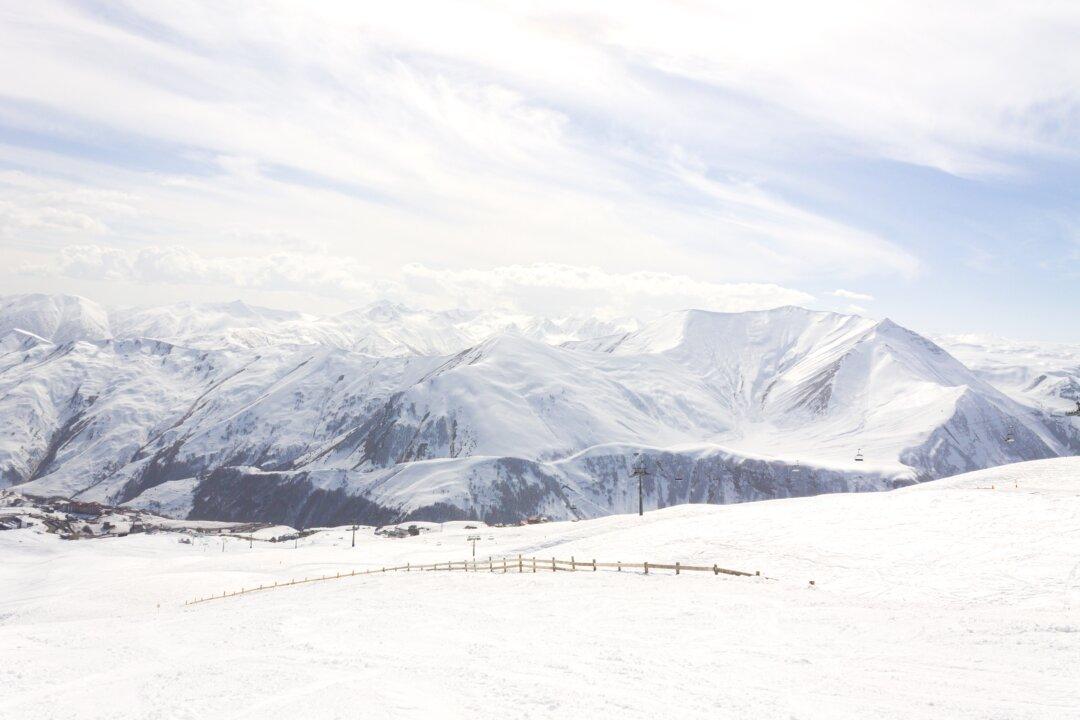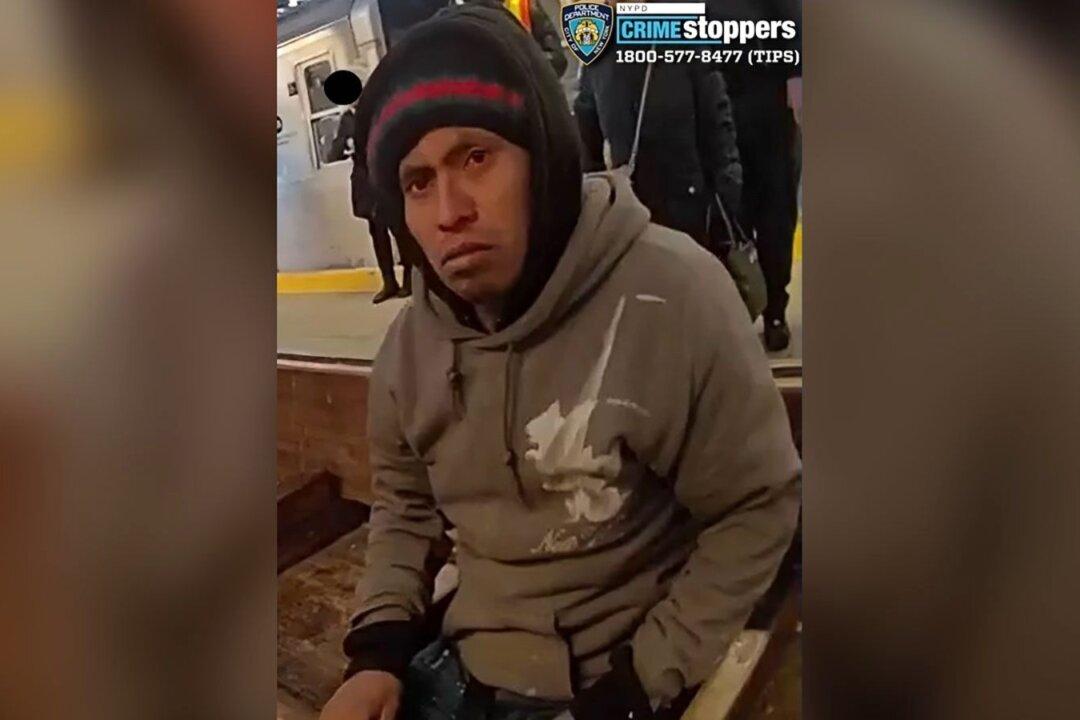WASHINGTON—The Biden administration on Thursday designated 17 countries as not doing enough to combat human trafficking and warned them of potential U.S. sanctions. The administration also called out several U.S. allies and friends, including Israel, New Zealand, Norway, Portugal, and Turkey, for backsliding in their efforts.
The designations came in the State Department’s annual “Trafficking in Persons” report, which cited the coronavirus pandemic as a cause for a surge in human slavery between 2020 and 2021. The report covering 188 nations and territories said the outbreak had put millions more people at risk for exploitation and distracted some governments from efforts to stem human trafficking.
The report classified the 17 mostly authoritarian nations as “Tier 3” for failing to meet minimal standards to stop what Secretary of State Antony Blinken called an “inhumane cycle of discrimination and injustices.” The designation means that without a presidential waiver those countries could lose some U.S. assistance, although decisions on such penalties will not be made until later this year.
Newcomers to the Tier 3 category are Malaysia and Guinea-Bissau, both of which had been on a watchlist for a downgrade for three years and were ineligible to avoid the designation because they had failed to take steps to improve their anti-human trafficking efforts.
They join Afghanistan, Algeria, Burma, China, Comoros, Cuba, Eritrea, Iran, Nicaragua, North Korea, Russia, South Sudan, Syria, Turkmenistan, and Venezuela in the worst offender category. Most of those countries are already subject to U.S. sanctions for other reasons.
Meanwhile, six valued U.S. partners and friends—Cyprus, Israel, New Zealand, Norway, Portugal, and Switzerland—were downgraded from the top Tier 1 category to Tier 2. That means they don’t meet international standards for fighting trafficking but are making significant efforts to do so. No penalties are attached to a Tier 2 designation.
Israel was cited for backsliding on “serious and sustained” initiatives to combat trafficking, including a decrease in investigations and prosecutions of perpetrators, and severe understaffing at its only authority directly charged with dealing with the matter.
The report cited U.S. treaty ally New Zealand for not initiating any prosecutions for labor trafficking and weak prison sentences for child sex traffickers that “significantly weakened deterrence, undercut efforts to hold traffickers accountable, and did not adequately address the nature of the crime.”
The report criticized NATO ally Norway for not prosecuting any human trafficking cases during the reporting period and charging people suspected of the crime with lesser offenses. Fellow NATO member Portugal was hit for failing to improve victim identification and lacking legal safeguards to protect trafficking victims.
And, in the first such criticism of a NATO ally, Turkey was specifically cited for providing “operational, equipment, and financial support” to an armed militia in Syria that recruits child soldiers. Turkey and 14 other nations, including Afghanistan and Pakistan, were hit with the same designation, which can result in the loss of U.S. military training assistance.





